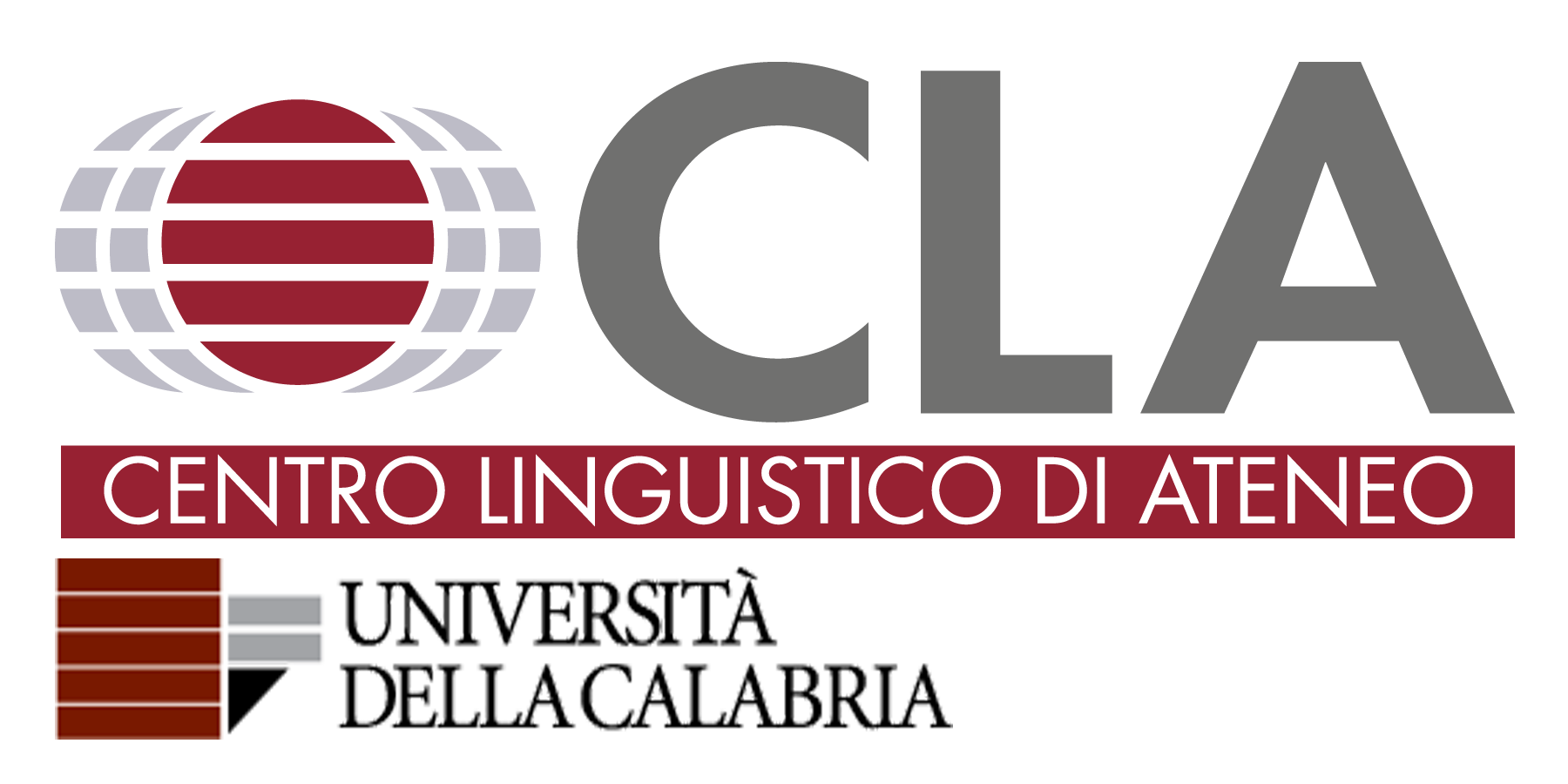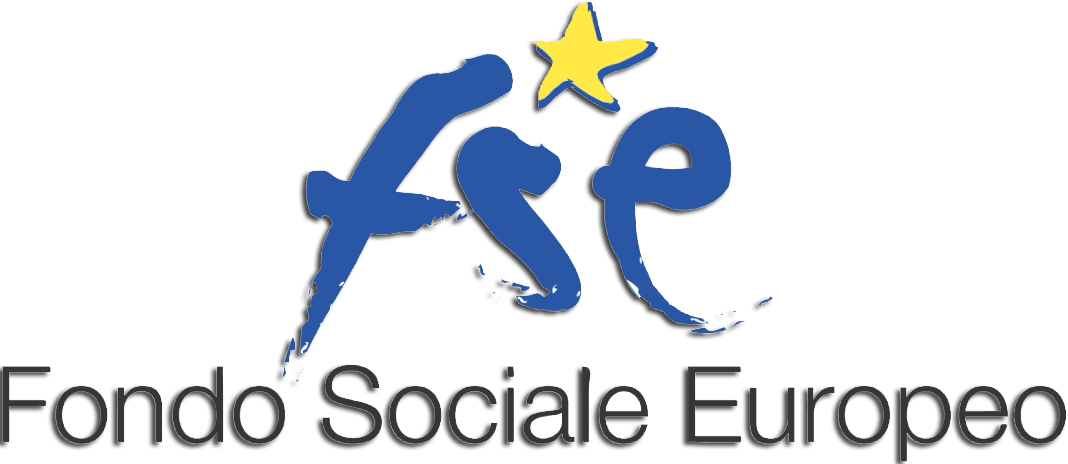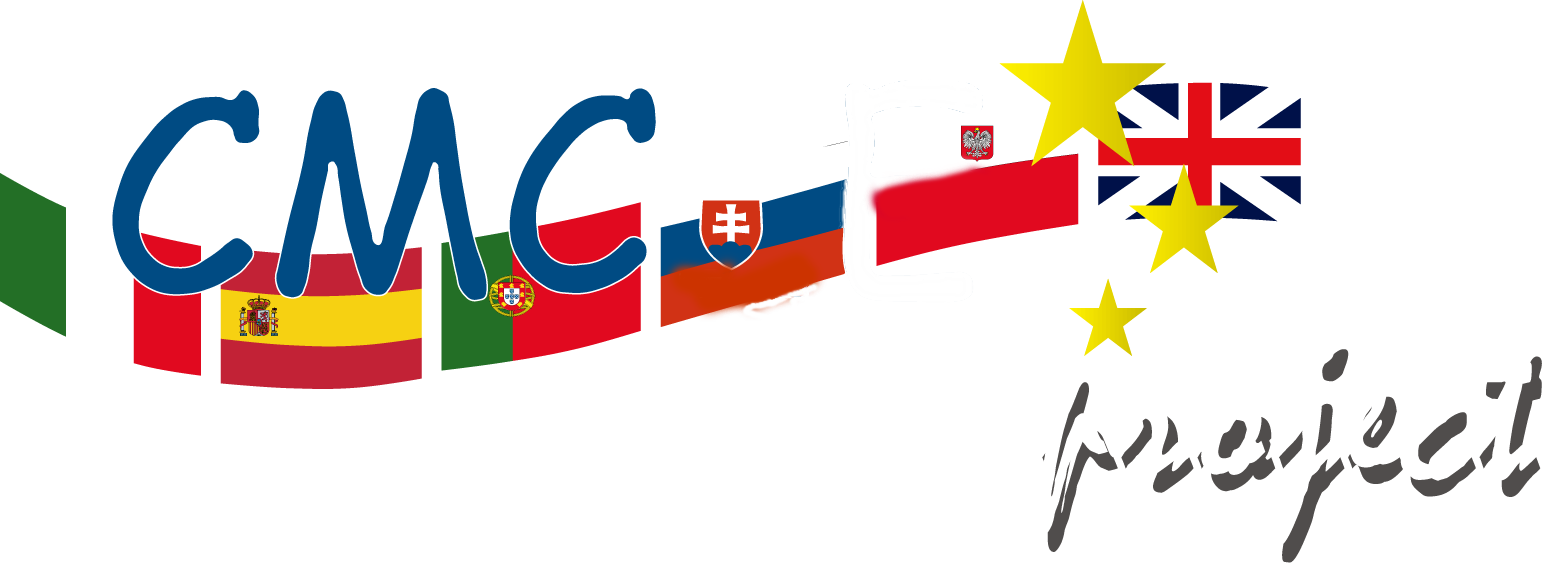Ph.D. degrees
The Doctoral School in Knowledge and Innovation for Development “Andre Gunder Frank” (Departments of Economics and Statistics, Linguistics, Sociology and Political Sciences) promotes the theoretical elaboration and the empirical research about the transformations that the capitalistic globalization processes are determining in the social production and reproduction. It aims at stimulating, through interdisciplinary study and research approaches, critical paths of the analysis of the complex dynamics which animate the contemporary reality, with a particular reference to the processes of social, political, economic and language innovation.
The School organizes four general learning and research lines:
- Territorial development and globalization processes
- Histories, populations and cultures
- Language analysis and interdisciplinary studies
- Politics, society and institutions
Each one of them has internal paths specifically connected to the researches promoted by the members of the teaching Body.
The training and research line in Language analysis and interdisciplinary studies (Language analysis, interculturalism and interdisciplinarity) aims at offering the students the language skills needed to formulate a social analysis of the language through forms of critical discourse analysis. The starting point is the assumption that the language is an irreducible part of the social life, tightly connected with other elements of social life (Fairclough, 2003).
The social research tries to give an answer to the big contemporary themes (Bourdieu and Wacquant, 2001), stressing the importance of the language in the social and economical changes, and shows how the social research needs the contribution of the discourse analyst. Focusing on the language and the language analysis in social research allows to offer a greater comprehension of the important transformations taking place in social life. The discourse analysis, therefore, is aimed at representing a further social analysis strategy. Under this respect, the written and oral text analysis will be carefully studied during the educational path. The theoretical reference for the text analysis will be, among the others, the research on Michael Halliday. In particular, the focus will be on the theory “Systemic Functional Linguistics” (Halliday, 1978, 1994), which strongly concentrates on the relation between the language and the other elements of social life, and has an approach to language analysis oriented to the social nature of texts. The “functional” approach to the language highlights the “multi-functionality” of the texts. On the basis of this theoretical approach, the texts simultaneously show functions defined “ideational”, “interpersonal” and “textual”. In other words, the texts simultaneously represent aspects of the world (the physical world, the social world, the mental world); they express social relations among the participants of the social events, and they coherently and cohesively connect parts of texts and the same texts with the social context. (Halliday, 1994).
More specifically, this line has the following educational objectives:
- learning language theories in the field of discourse analysis;
- achieving research skills by using qualitative and quantitative techniques and by using technological instruments (e.g. Concordancer software);
- identifying the language and conversational peculiarities of the different text typologies;
- analyzing verbal/conversational segments of interaction in the studying fields, for example types of “exchanges” present (giving information, eliciting action) and of “speech functions” (statements, questions, offers, demands);
- developing a capacity of carrying out grammatical and semantic analyses, considered very productive in social research, e.g. “grammatical mood” (declarative, interrogative, imperative), the semantic relation of the sentences in texts (causal-reason, purpose, conditional, temporal, contrastive), the type of style and its meaning inside the text, the type of genre characterizing the text, the inter-textual references;
- transferring the theoretical knowledge achieved to didactics, using innovative techniques and methodologies (AICL).
The scientific-disciplinary sectors involved are: L-LIN12, L-LIN 14, L-LIN18.
Doctoral third year students of the School in Knowledge and Innovation for Development “Andre Gunder Frank”, course of studies in “Language analysis and interdisciplinary studies”, disciplinary sector L-LIN/12, XXIV cycle of studies:
Assunta (Susie) Caruso
Research Office
University Language Centre 25C 2nd floor
Phone number 0984496228
e-mail:
This email address is being protected from spambots. You need JavaScript enabled to view it.
Research work: A corpus-based metaphor analysis of news reports covering the Middle East 'Road Map' Peace Process
Supervisor: Prof. Carmen Argondizzo
Ida Ruffolo
Research Office
University Language Centre 25C 2nd floor
Phone number 0984496228
e-mail:
This email address is being protected from spambots. You need JavaScript enabled to view it.
Abstract
Research work: A corpus-based critical discourse analysis of the perception of 'nature' in travel promotion texts.
Supervisor: Prof. Carmen Argondizzo





